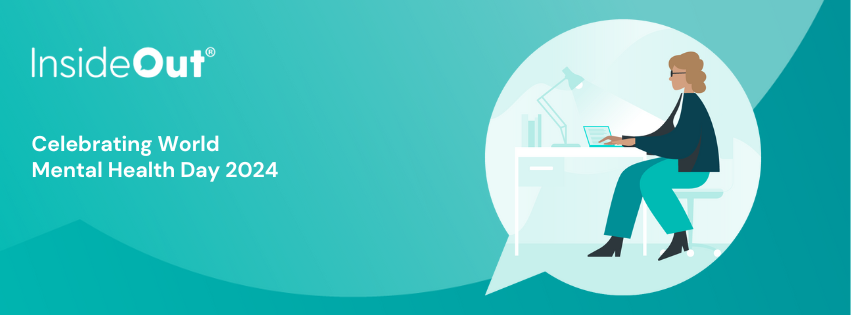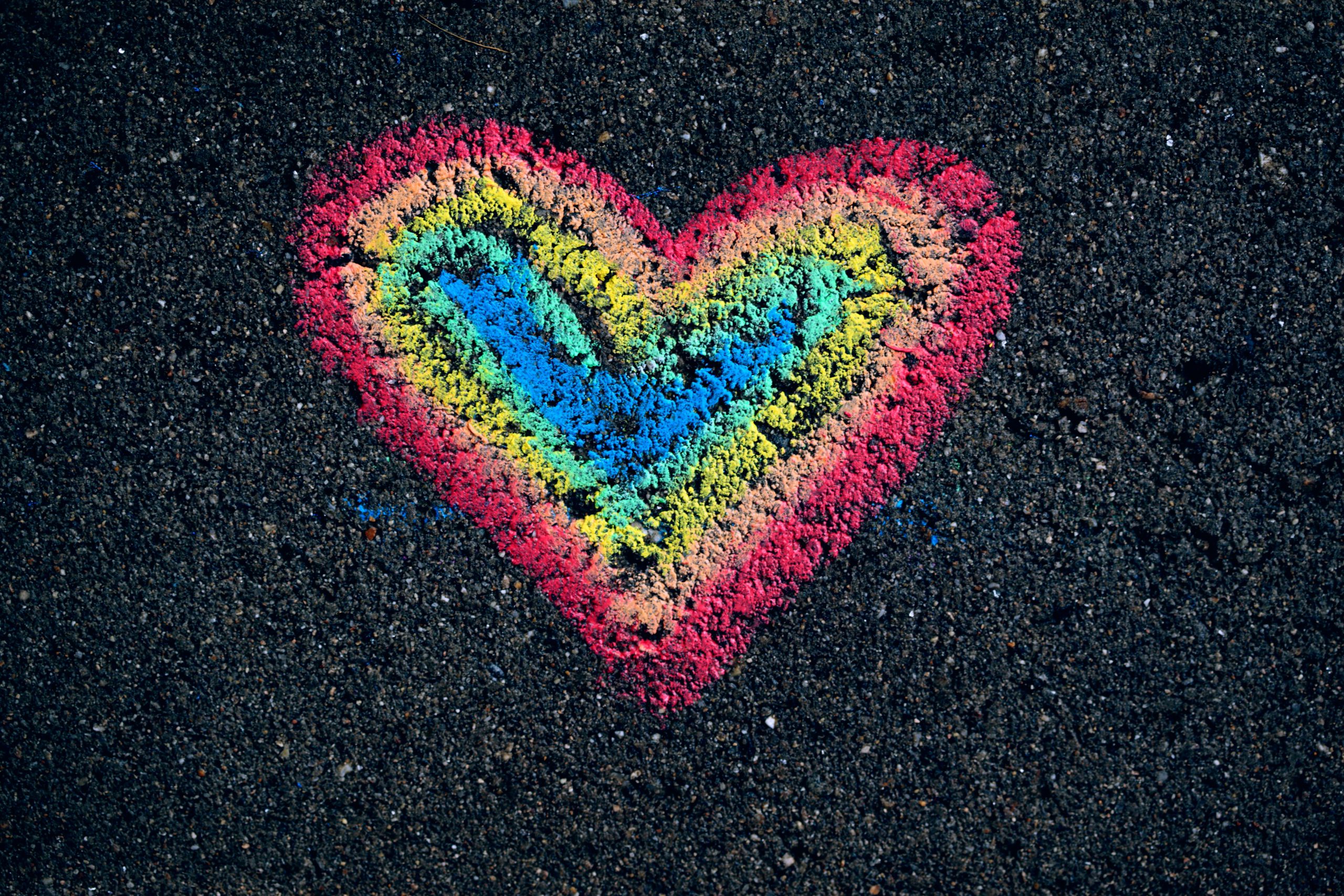This week is Anti-Bullying Week. Here we take a look at how lockdowns have changed the phenomenon of bullying. New research is showing that, since COVID began spreading at the beginning of 2020 – an outbreak of cyber bullying was also on a steep rise.1
The reasons for why any of the many forms of bullying occurs are complex. The impact of the vast social changes that lockdowns, illnesses and bereavements have caused, has seen a huge increase in the burden of mental illness since the pandemic began. Government figures this week suggested a 50% increase in depression in adults.2 The Anti-Bullying Alliance research proposes that there’s a link between worsening mental health and bullying behaviours in isolated, frustrated people, and those who may be stuck at home with an abuser.3
Social distancing, school and workplace closures have also had a knock on effect of increasing the dependency on social media to keep people connected. Whilst for some people this transition to home school and hybrid work has been manageable, for others, it has unleashed exposure to higher rates of bullying through these channels.
Online bullying takes place in various paradoxical ways, ranging from blatant “trolling” where someone is ridiculed in an online forum, to exclusion bullying where someone is systematically excluded from online meetings or activities.
Worryingly, in 2020 a survey by The Chartered Institute of Personnel and Development (CIPD) found that 25% of employees think their company turns a blind eye to workplace bullying and harassment.4 This is an area where we can all be proactive in challenging any of these behaviours when we witness them, so that there can be systemic changes put into place to prevent this new pandemic from having its own continuing new waves. Finally, we can help victims of bullying by offering them a compassionate ear and signposting them to advice on their workplace rights or to emotional support such as counselling, to help deal with the after-effects of what can be a very traumatic experience.
Author: Dr Becky Lunson Southall, Chief Therapist & Content Contributor, InsideOut
References:
1. Cowie H, Myers C. The impact of the COVID‐19 pandemic on the mental health and well‐
being of children and young people. Children & Society. 2020;35(1).
2. https://www.gov.uk/government/speeches/mental-health-a-decade-of-change-in-just-2-years
3. https://anti-bullyingalliance.org.uk/sites/default/files/uploads/attachments/Bullying%20in%20the%20pandemic.pdf
4. https://www.cipd.co.uk/knowledge/fundamentals/emp-law/harassment/factsheet#gref






